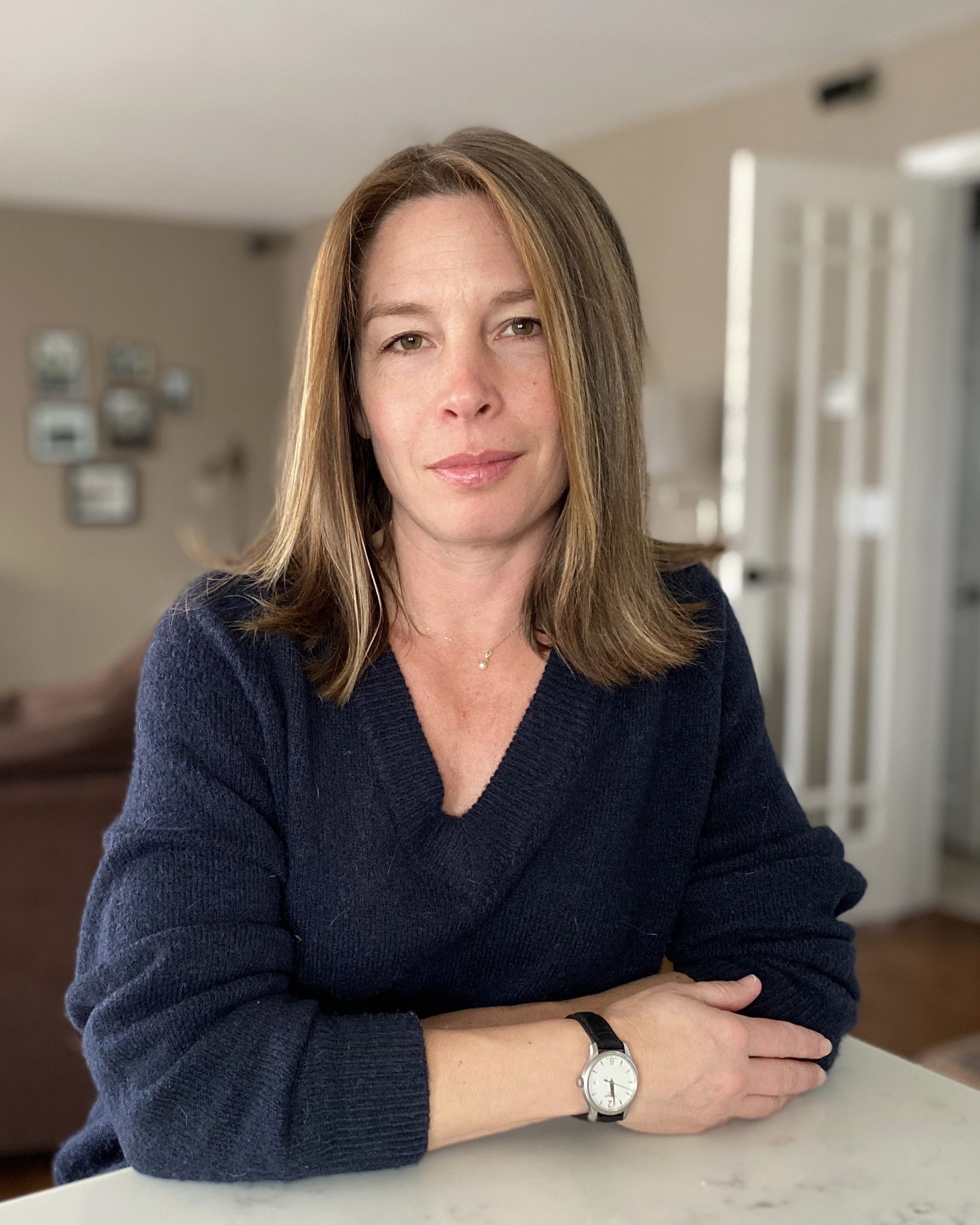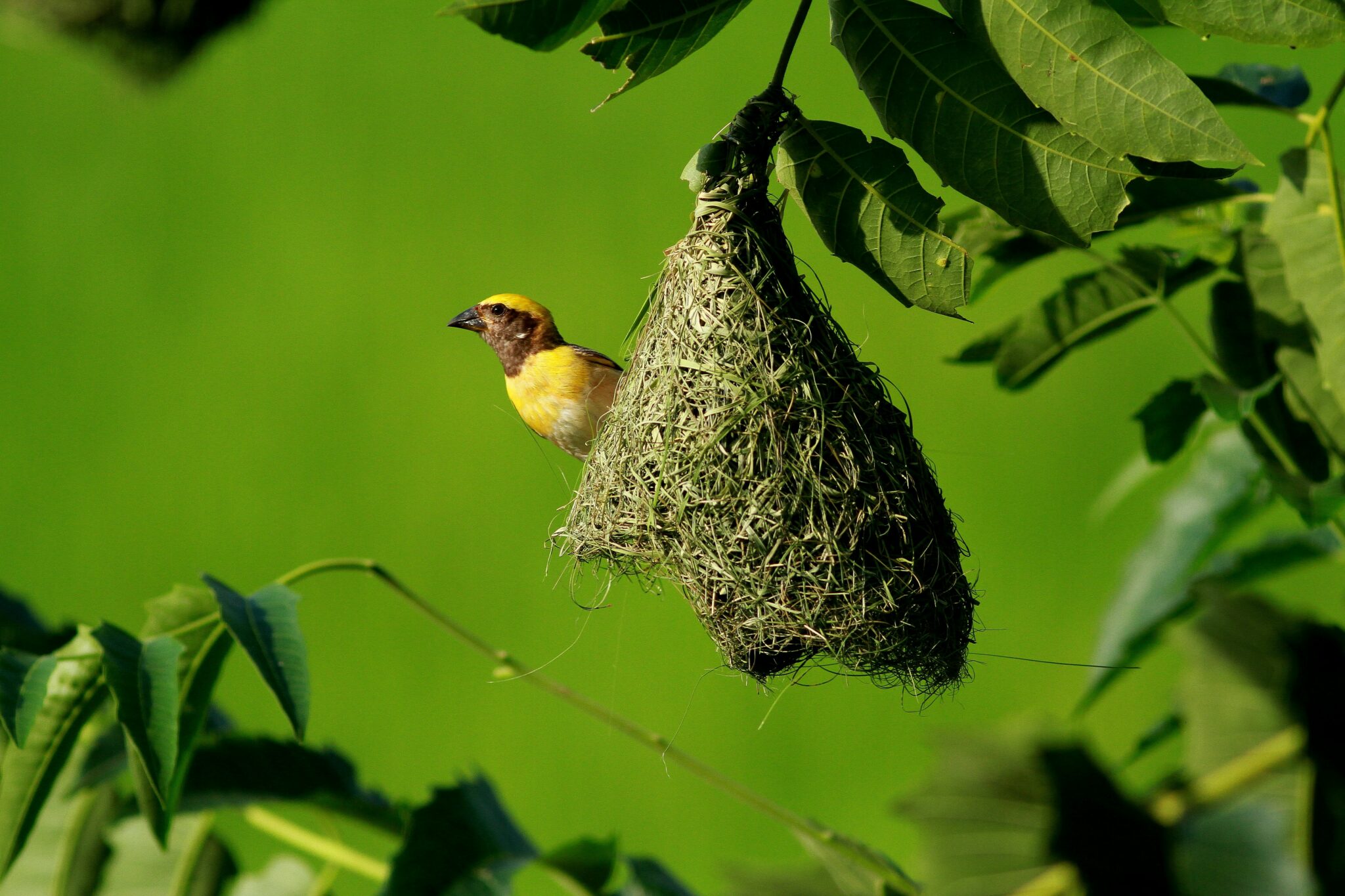“I don’t want them to go. Seriously. I love them to death. But once they are gone, won’t it be kind of nice to have fewer complications, fewer interruptions?”
These are the things you say before they go, before they’re gone.
Up until the second it happens, their leaving is still theoretical, so it’s safe and easy to fantasize. Like this: “I don’t want them to go. Seriously. But they will go, someday, and when they do — not that I want them to! — it’ll be nice to not have to make plans around their needs, for a change, won’t it?”
This kind of talk happens because their leaving is the way it’s supposed to go. It’s understood: they aren’t meant to stay forever.
But as with anything else, understanding something is a fact is different from experiencing that fact.
The first one
Empty nest essays usually explore feelings about the nest once its builders are the only ones left. But even baby birds don’t simultaneously take flight from the literal nest — there’s the first bird, then the second bird, etc., each one leaving behind what becomes, without them to fill it, extra space.
The extra space my first one left behind was, of course, everywhere he wasn’t, but coming home from being out hit the hardest. He wasn’t there, as he’d often been, to crowd the narrow entry with things to be said before I could even get the groceries to the kitchen/myself to the coat rack. Instead, once he was gone, when I went through the door from the garage it was the nothingness of his not being there that greeted me when I’d, by muscle memory, been careful while opening the door to avoid hitting him in the face. There was the freedom to move that I realized I didn’t want.
I don’t know how many times I’d made clear to him that it was frustrating to be barricaded and ambushed (“Hi, yes, hello, can you please — Agh! Get out of the way!”), especially when my hands were full — a single human being could hardly fit in that area, never mind another body — or how many times I’ve wished since then that I’d have been less frustrated and more grateful. How wonderful that you want to see me. How fortunate I am that you’ve been waiting for me.
His leaving was hard on one of his brothers, too. This brother has always been a copycat, overtly and subtly, and liked Mr. Ambush’s company more than he liked to be alone, so those two spent a lot of time together (whether due to all of the following-around or a conscious choice on both of their parts, I’m not sure). Being suddenly without his cat to copy — and to otherwise spend time with — was hard on him, and it was obvious in his new, aimless way of moving through the house. But there was nothing that could be done.
That was hard, too.
The second one
We moved some months after the first one left, so along with having gotten used to the extra space over time, routines and spaces had also changed. There was nothing in the new house that had been used by Mr. Ambush, no indelible memories made, there, so it had a clean-slate effect.
A couple of years passed, during which Mr. Copy Cat started “bonding” with his other brother — stealing his seat, taking food from his plate, surprising him with a tackle — and, also, following him from room to room. It had seemed like they were finally getting into a rhythm of having their own close relationship (whether due to all of the following-around or a conscious choice on both of their parts, I’m not sure) when it was time — very recently — for Number Two to go.
I know it’s not popular to say and that most would never admit it, but some connections are simply stronger than others, even when the love for all is equal. You can’t help having that unique understanding that doesn’t necessarily form in the other relationships, as strong as they may be.
Because of that, after Number Two’s exit, the extra space seems a little bigger, the quiet more obvious. Or maybe it seems that way because he, more than the others, was the one who’d prompt us to daydream about a time (not that we wanted him to leave!) when we wouldn’t have to clean up so many of his messes (no one left a mess after a meal — or in the bathroom — the way he did), or cater to his finicky food preferences (a “simple” breakfast could take 20 minutes to prepare), or (and this was all me) be startled, sometimes, by the sound of him thudding down the stairs (he was clumsy, and as loud as a Big-and-Tall man).
On top of the hassles and sounds he’s taken with him, he’s left space in my office, where he’d sit with me, now and then, and where he had spent a little extra time with me before leaving. His way of saying goodbye.
Last week, I could have sworn I heard him walk in. But, of course, he didn’t.
Mr. Copy Cat, every so often, will dart his eyes to his brother’s empty space on the couch, or other places you might have been able to find him, then look away. Because he and his sister have little in common, he spends all of his time alone, now. We call him our lonesome dove.
Again, there’s nothing I can say. Nothing to be done.
This is just what happens.
And so it goes
When people leave the nest, as they invariably do, it’s with the understanding that they’ll return on weekends or holidays.
Were my wards human, the literal spaces they’d filled and had eventually abandoned would have been bigger than the ones I know, but their inevitable leaving would also have been softened by the promise of things like future visits, phone calls, texts.
But my wards aren’t human, so when it’s time for them to leave, it’s forever. There’s no future anything.
There are two more go, two more taking up their space on a couch that now seems too big for what’s left of us.
Even when they’re alone in different rooms, doing something quiet, there’s still the noise of their souls to fill what will, unavoidably, become extra space.
When you look up “soul noise,” you get words like “despair,” “anger,” and “anxiety.” But that’s the inner messiness of a human soul, like grain or clutter on a photograph.
It’s not the noise souls make in silence, or the compounding silence they leave behind.
*
Originally published in This Is Us

Kristen Tsetsi is the author of the post-Roe v. Wade novel The Age of the Child, called “scathing social commentary” and “a novel for right now.” She is also the author of the novels The Year of Dan Palace and Pretty Much True (studied in Dr. Owen W. Gilman, Jr.’s The Hell of War Comes Home: Imaginative Texts from the Conflicts in Afghanistan and Iraq). Kristen’s interview series at JaneFriedman.com offers behind-the-scenes insights into all things writing and publishing.



